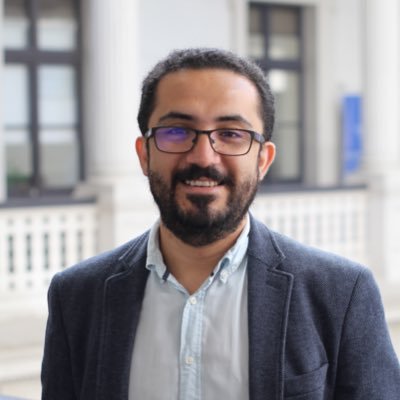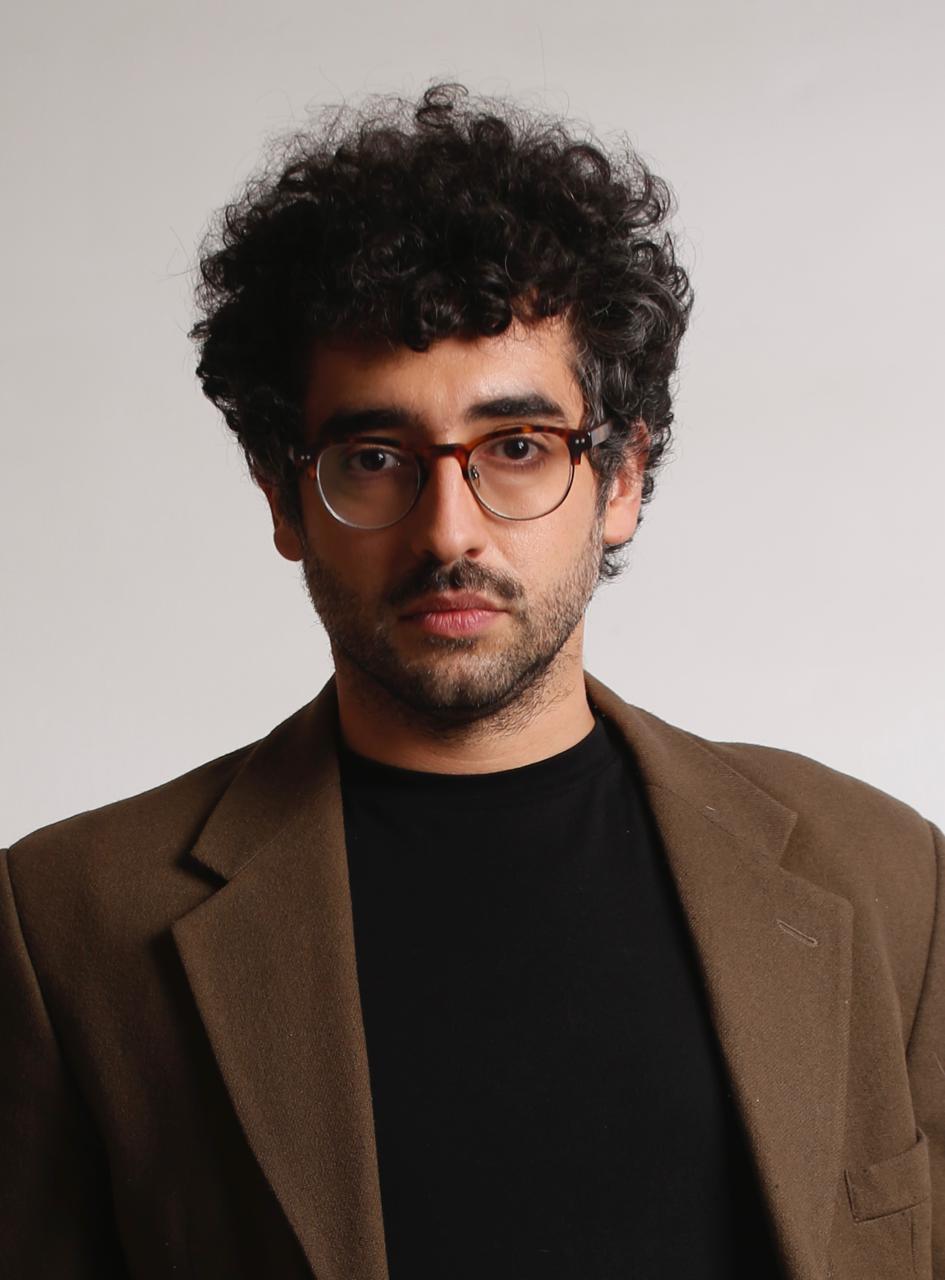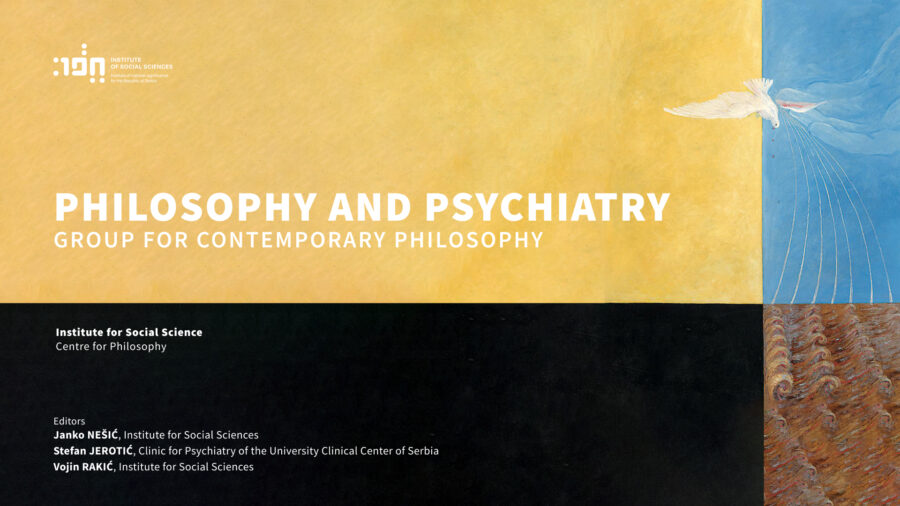In his presentation, Manuel Reyes and Manuel Ugalde-Duarte will argue that the phenomenon of delusion can be conceptualized as a phenomenon of radical alienness, which resists the understandable/incomprehensible duality.
Delusion, a central phenomenon in schizophrenia spectrum disorders, poses a number of conceptual challenges that have profound clinical implications. One of these revolves around the meaning that delusions would have. In psychopathology, with a third-person approach, the possibility of the meaning of delusions has been rejected as a mechanical effect of brain dysfunction. In response, during the last decades, a number of psychopathological perspectives have emerged, deeply influenced by phenomenology, which attempts to rethink and reconstruct the modalities of meaning that delusions imply, as well as clinical and methodological approaches that privilege first-person accounts and lived experience. One methodological tool developed in response to these critical reflections is the notion of radical empathy or second-order empathy.
It has been suggested that these proposals would provide an alternative to the hermeneutic injustice to which patients with such experiences would be exposed. Although these efforts seem valuable, they struggle with several problems that limit the possibility of forms of other meanings than understanding or interpretation. First, these approaches are based on the assumption that the construction of meaning is successful and adequate when the clinician can translate the patient’s experiences into something relatively transparent, communicable, and understandable. Second, the existing difference in the way of experiencing and communicating between patient and clinician implies a defective difference on the part of the patient that the clinician, endowed with the appropriate hermeneutic resources, could delimit and overcome by achieving a full understanding of what the patient experiences.
Drawing on the work of Bernhard Waldenfels, we will propose that the notion of the alien, within the framework of responsive phenomenology, offers an alternative to reframe the horizon of meaning in the constitution of psychopathologies and, in particular, delusion. With it, a complete re-articulation in phenomenology that understands that meaning may be an incomplete, cloudy, and incommunicable construction without being defective.
Following this line, we will argue that the phenomenon of delusion can be conceptualized as a phenomenon of radical alienness, which resists the understandable/incomprehensible duality. In this way, thinking of delusion as radical alienness allows us to avoid reducing it to already known frameworks of meaning (which implies renouncing the possibility of a “full understanding”) and, therefore, losing what it really is. However, at the same time, as manifestly unknown territory, it allows the possibility of co-construction of meaning between the patient and the clinician that has neither understanding nor comprehension as its center.


https://zoom.us/j/97858524633?pwd=xGawDlUrsa8rF6wyacksNRUs0zk24i.1
Meeting ID: 978 5852 4633
Passcode: 826763

